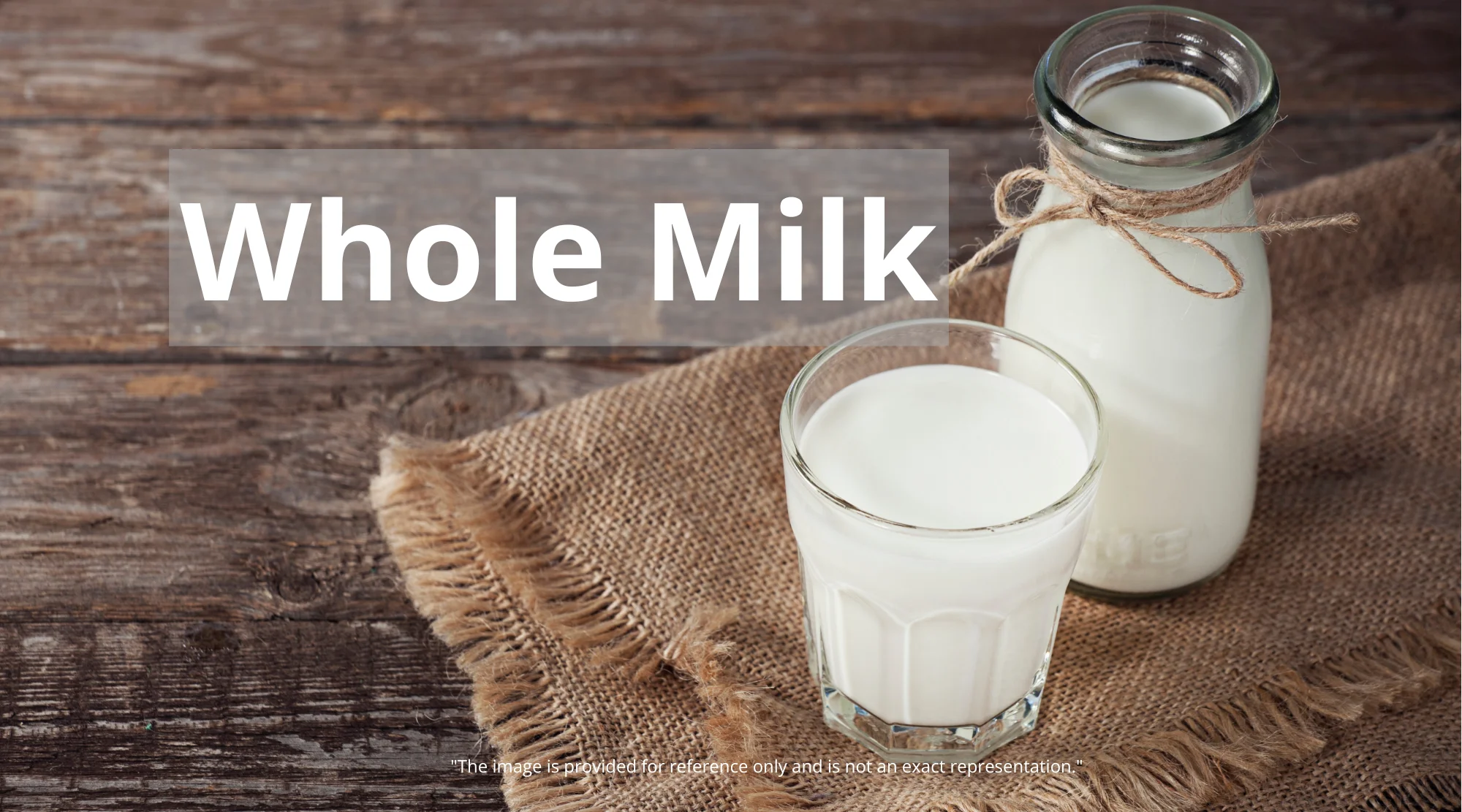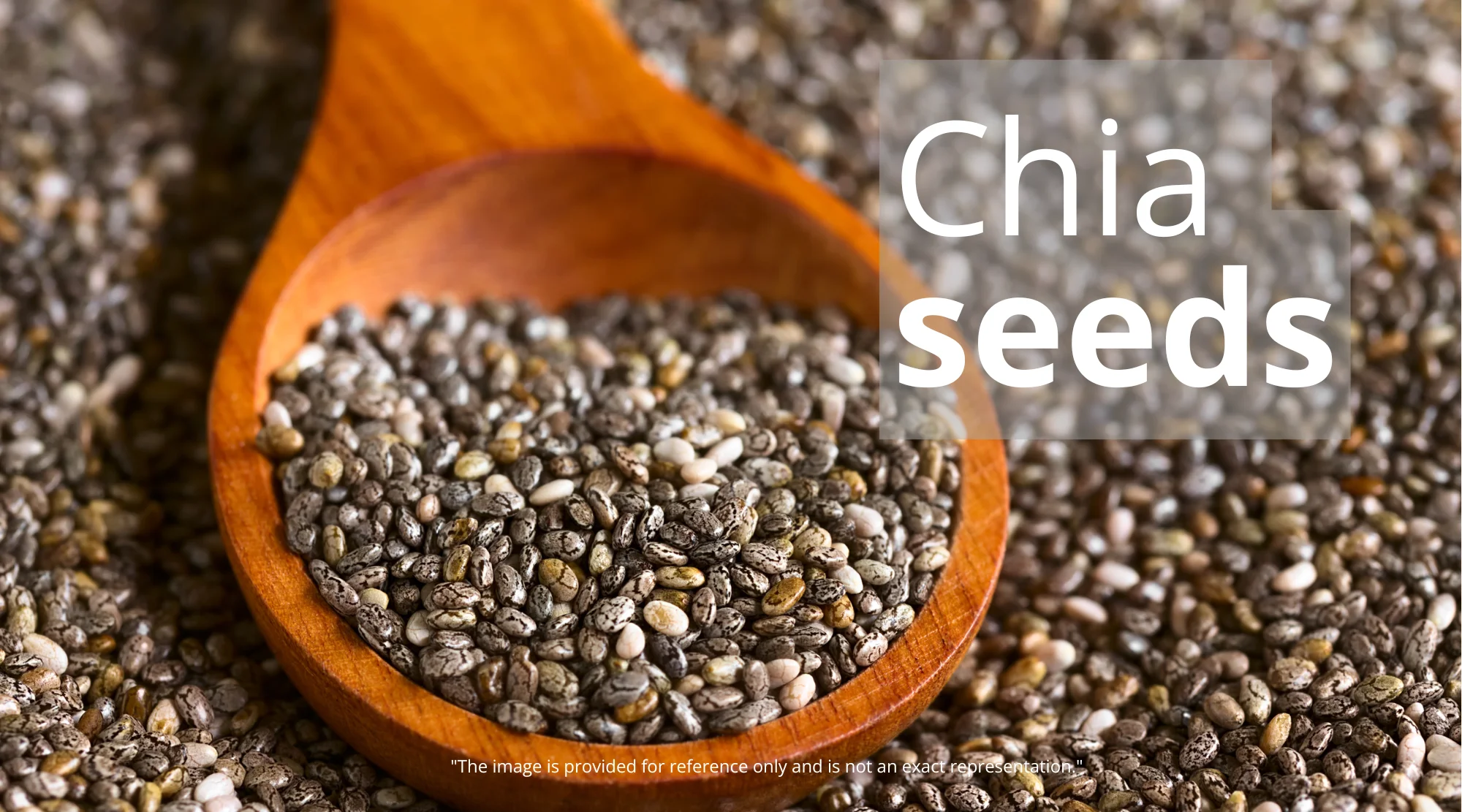Is Whole Milk Actually a Health Food? The Surprising Truth
For years, we’ve been told to steer clear of whole milk due to its fat content. But is this creamy beverage truly the villain it’s made out to be? Emerging research suggests that whole milk might offer some unexpected health benefits. This article will explore the latest scientific findings, debunk common myths, and help you decide if incorporating whole milk into your diet is right for you.
Debunking the Fat Myth: Why Whole Milk Deserves a Second Look
The long-standing belief that saturated fat, abundant in whole milk, directly leads to heart disease is being challenged. While excessive saturated fat intake can be detrimental, the fat in whole milk may not be as harmful as previously thought.

Recent studies indicate that the source of saturated fat matters. Dairy fat, in particular, contains unique fatty acids, like conjugated linoleic acid (CLA), which have been linked to potential health benefits, including improved metabolic health. Consider exploring how diet choices shape your longevity and well-being. A balanced diet, including healthy fats, is crucial for optimal health.
Nutritional Powerhouse: What Makes Whole Milk So Good?
Beyond its fat content, whole milk is a rich source of essential nutrients. It’s packed with calcium, vital for strong bones and teeth. It provides high-quality protein, crucial for muscle building and repair, which becomes even more important as we age; learn how to maintain muscle while running if you are a runner. Furthermore, whole milk offers vitamin D, necessary for calcium absorption and immune function. It also contains other important vitamins like vitamin B12 and potassium.
This nutrient density makes whole milk a potentially valuable addition to a balanced diet, especially for individuals who may be at risk of nutrient deficiencies.
The Science Behind Full-Fat Dairy: Exploring the Research
Numerous studies have examined the relationship between full-fat dairy consumption and various health outcomes. Some research suggests that consuming full-fat dairy, including whole milk, may not increase the risk of heart disease and may even be associated with a lower risk of type 2 diabetes.
One study published in the American Journal of Clinical Nutrition found no significant association between full-fat dairy intake and cardiovascular disease. These findings challenge conventional wisdom and highlight the need for further research to fully understand the complex relationship between dairy fat and health.
Whole Milk and Weight Management: A Surprising Link?
While it may seem counterintuitive, some studies suggest that whole milk could play a role in weight management. The satiety provided by the fat content can help you feel fuller for longer, potentially reducing overall calorie intake.
Additionally, the CLA found in dairy fat has been linked to potential fat-burning properties. However, it’s important to note that more research is needed to confirm these effects and to determine the optimal amount of whole milk for weight management. It’s always best to consult with a registered dietitian or healthcare professional for personalized advice.
Lactose Intolerance and Milk Alternatives: Considerations for Everyone
Not everyone can tolerate whole milk due to lactose intolerance. Lactose is a sugar found in milk, and some individuals lack the enzyme lactase needed to digest it properly.
Fortunately, several milk alternatives are available, such as almond milk, soy milk, and oat milk. While these alternatives can be a good option for individuals with lactose intolerance, it’s important to compare their nutritional profiles to whole milk. Some alternatives may be lower in protein or other essential nutrients.
Making an Informed Choice: Is Whole Milk Right for You?
The decision of whether or not to include whole milk in your diet is a personal one. Consider your individual health needs, dietary preferences, and any underlying health conditions.
If you have concerns about saturated fat or lactose intolerance, talk to your doctor or a registered dietitian. They can help you assess your individual risk factors and determine if whole milk is a good fit for your overall health plan. You might also want to explore options for easy anti-inflammatory dinners.
Beyond the Glass: Creative Ways to Enjoy Whole Milk
Whole milk isn’t just for drinking! It can be incorporated into a variety of recipes to add richness and flavor.
- Smoothies: Add whole milk to your smoothies for a creamy texture and a boost of protein and calcium.
- Oatmeal: Cook your oatmeal with whole milk for a richer, more satisfying breakfast.
- Baking: Use whole milk in baking recipes to add moisture and tenderness.
- Coffee: Elevate your coffee with a splash of whole milk for a decadent treat.
Navigating the Dairy Aisle: Choosing Quality Whole Milk
When selecting whole milk, consider opting for organic and grass-fed options whenever possible. These milks may have a higher concentration of beneficial fatty acids, such as CLA.
Also, pay attention to the expiration date and choose milk that is fresh. Store whole milk in the refrigerator at a consistent temperature to maintain its quality and freshness.
The Future of Dairy Research: What’s Next?
Research on the health effects of whole milk and other full-fat dairy products is ongoing. Future studies will likely focus on:
- Identifying specific bioactive compounds in dairy fat that contribute to health benefits.
- Investigating the role of whole milk in weight management and metabolic health.
- Examining the impact of different types of dairy farming practices on the nutritional composition of milk.
Stay tuned for further developments in this exciting area of nutritional science.
A Balanced Perspective on Whole Milk Consumption
While emerging research suggests that whole milk may offer some health benefits, it’s important to maintain a balanced perspective. Whole milk is relatively high in calories and saturated fat, so moderation is key.
It should be consumed as part of a varied and nutrient-rich diet that includes plenty of fruits, vegetables, whole grains, and lean protein sources. Consider some mindful movement to balance a healthy lifestyle.
In conclusion, the question of whether whole milk is a health food is complex and nuanced. While it’s not a magic bullet, the latest science suggests that it’s not the dietary villain it was once perceived to be. If you enjoy whole milk and tolerate it well, incorporating it into a balanced diet can be a part of a healthy lifestyle. Remember to consult with a healthcare professional for personalized advice.














1 comment